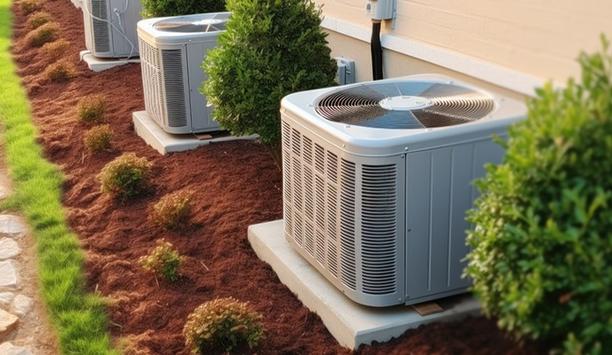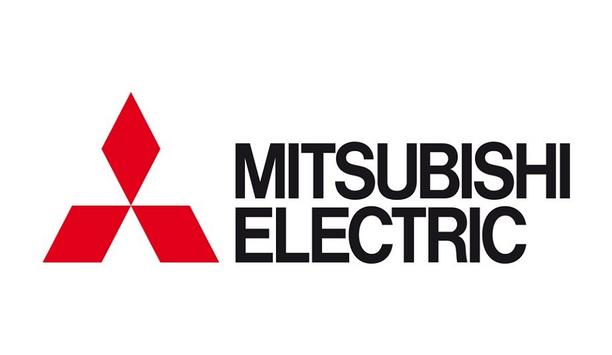The American Innovation and Manufacturing (AIM) Act of 2019 would provide an orderly national framework to guide replacement of hydrofluorocarbons (HFCs) over the next several years in the United States, with newer refrigerants that have less negative impact on the environment. HFCs are potent greenhouse gases with very high global warming potential. The future of the HVAC industry is tied to the manufacture of next-generation refrigerants and their adoption.
Versions of the AIM Act – Senate bill S.2754 and House bill H.R.5544 – are currently in the Senate Environment and Public Works and the House Energy and Commerce committees. The global market is moving away from the use of HFC refrigerants, given that the Kigali Amendment to the Montreal Protocol requires their phaseout; however, the United States has not ratified the Kigali Amendment.
Over the next 15 years, the AIM Act would phase down HFC to a low of 15% of current production and consumption levels. In addition, aftermarket supplies from recovery, recycling and reclaiming would ensure adequate availability of the refrigerants for use in legacy systems and in applications for which substitutes are not available.
Economic Stimulus For The U.S. HVACR Industry
The Air-Conditioning, Heating and Refrigeration Institute (AHRI) contends passing the act would “serve as a potent form of economic stimulus for the U.S. HVACR industry,” in addition to providing clarity on the regulatory landscape. The AIM Act would create new manufacturing jobs in the United States, spur HVACR investment in the U.S. economy, and ensure the continued safety and training of licensed HVACR professionals, experts say.
Over the next 15 years, the AIM Act would phase down HFC to a low of 15% of current production and consumption levels
The Air Conditioning Contractors of America (ACCA) support the federal approach to an HFC phasedown as preferable to a state-by-state approach, urging Congress to include preemption language in the AIM Act that would require states to follow a federal HFC phasedown schedule for the residential HVACR market.
Addressing Safety Concerns
Safety concerns arise with the introduction of A2L mildly flammable refrigerants as part of the next phase down of HFCs. ACCA says a unified approach across the United States will ensure the introduction of A2L refrigerants is done safely. Commercial and industrial HVAC markets have been using flammable refrigerants for years; however, building codes and safety standards in the residential market do not currently allow their use.
ACCA also urges inclusion of language in the AIM Act to strengthen EPA certification programs and restrict the sale of HVACR systems and refrigerants to only trained and certified individuals. “If Congress does not provide the EPA the authority to regulate and implement an HFC phasedown, then the EPA may not be able to implement training and certification programs or restrict the sale of dangerous products to unqualified people,” according to testimony the ACCA submitted to the U.S. Senate Environment and Public Works Committee.
Ending "Dumping"
The future of the HVAC industry is tied to the manufacture of next-generation refrigerants
The AIM Act would also seek to end the practice of “dumping,” in which foreign manufacturers export inferior products to the United States that are priced below the cost of manufacture. The AIM Act would restrict the import of HFCs as part of the production and consumption phasedown.
However, the non-profit Competitive Enterprise Institute (CSI) rejects the need for the AIM Act. “The free market provides the best policy answer,” writes Ben Lieberman, CEI Senior Fellow. “Let the new refrigerants and equipment compete with the current ones, rather than favoring one over the other [through legislation].”







































